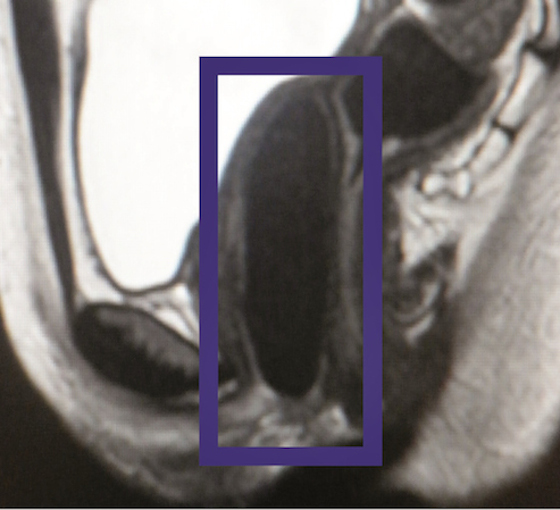Scientists announced today that four women received lab-grown vaginas between 2005 and 2008 — and, according to their doctors, all of the patients are doing quite well.
THE WOMEN WERE BORN WITH EITHER AN UNDERDEVELOPED OR ABSENT VAGINA
The women, who were between 13 and 18 at the time of the surgery, were all born with a rare genetic condition called Mayer-Rokitansky-Kuster-Hauser syndrome(MRKH) — a condition that causes about one in 4,500 girls to be born with either an underdeveloped or absent vagina and uterus. The traditional treatment for women with MRKH involves reconstructive surgery or painful dilation procedures. These interventions can be quite traumatic — they have a complication rate of 75 percent in pediatric patients — so researchers wanted to find a way to avoid them altogether. That’s why they set out to engineer vaginas, described in a study published in The Lancettoday, that would be compatible with each patient.
The vaginal organs themselves were generated using a combination of cells — epithelial cells that line body cavities, as well as muscle cells — biopsied from the women’s genital areas. Anthony Atala, a urologist at Wake Forest University who conducted the trials, said in a video interview that his team took “a very small piece of tissue from the patient, less than half the size of a postage stamp, and we then teased the cells apart and grew the cells separately.” The cells were then expanded and sewn onto a biodegradable scaffold that the researchers had previously shaped into a vagina tailored to each patient. Six weeks later, the women underwent surgery.

MRI image of an implanted vagina (Wake Forest Institute for Regenerative Medicine)